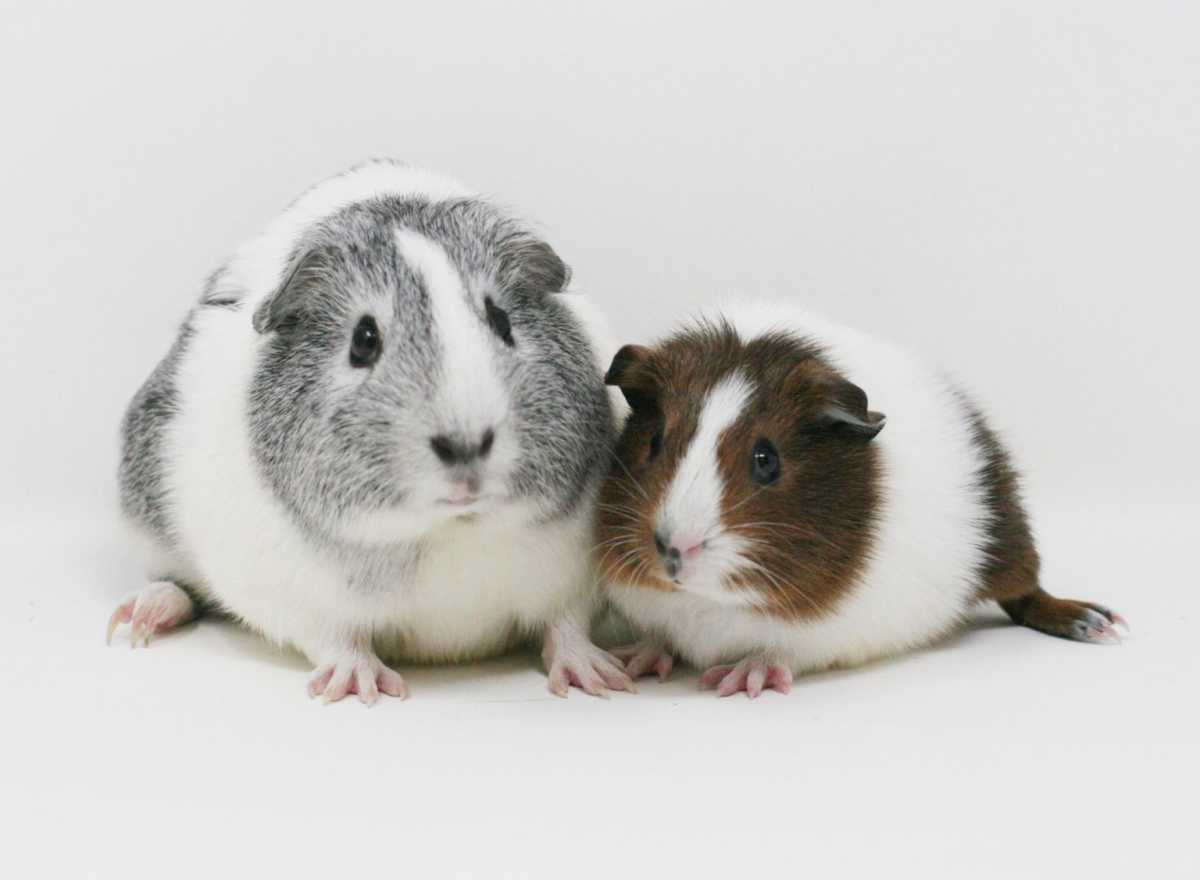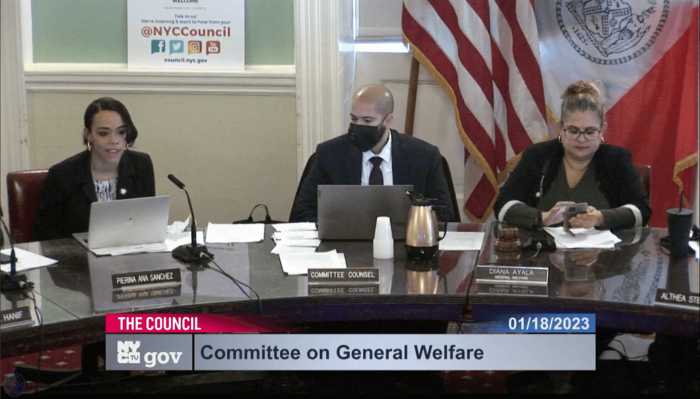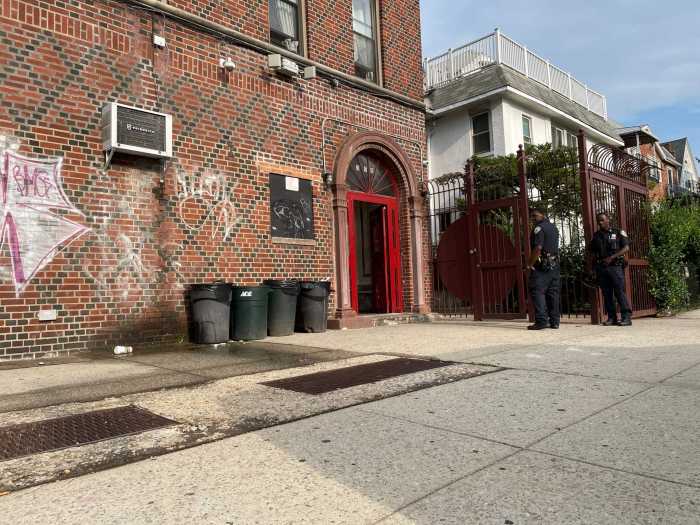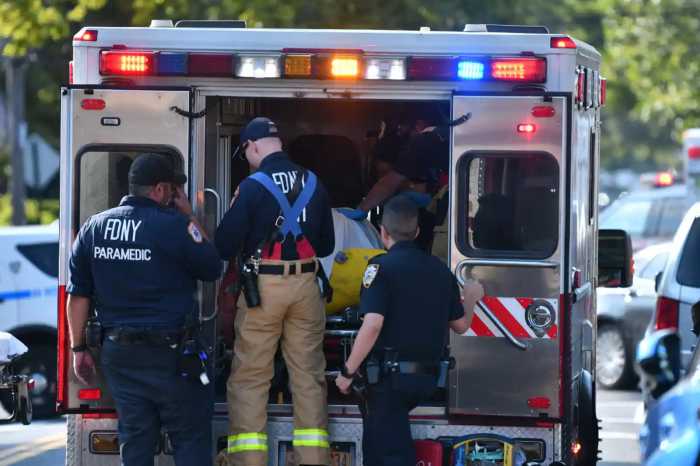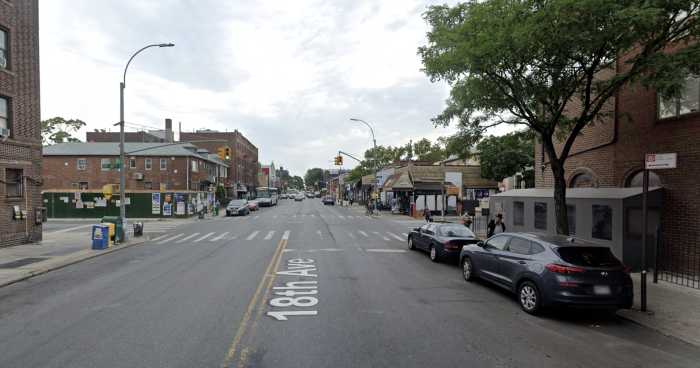That’s where Mary Beth Purdy Artz and Caroline Lee come in; they’ve both spent decades walking around New York City’s most famed parks — Central Park, Prospect Park, Flushing Meadows — rescuing abandoned pets and domesticated animals that they say are left there after thoughtless, impulse purchases.
But they and other animal lovers want the city to do more to prevent widespread pet dumping—particularly when it comes to guinea pigs. A group of 50 organizations and advocates, known together as the Lights Out Coalition, are now pushing Speaker Adrienne Adams to support a city bill introduced by Councilmember Diana Ayala last February to ban guinea pig sales in pet shops. The city’s Committee on Health held a hearing on the bill this past December.
“While it never would occur to me to get a guinea pig as a comfort animal during the pandemic, a lot of people did,” said Ayala at the hearing. “We heard many stories that people would take the guinea pigs and throw them over the gates because they could no longer care for them.”
Animal Care Centers of NYC reported 769 guinea pigs relinquished to them from January to November last year, which is doubled from pre-pandemic levels, according to a Lights Out Coalition letter sent to Speaker Adams on Feb. 28. Those numbers also show rescued guinea pigs, said Kathy Nizzari, Founder and Chair of the Lights Out Coalition.
The coalition, which includes Sierra Club, The Wild Bird Fund, NYCLASS, and Cornell Lab, reported finding abandoned guinea pigs in city parks, public sites as well as alongside curbside trash. Around 2,000 guinea pigs have been abandoned in the past five years and three were found last week in Prospect Park, according to the coalition.
Said Artz: “They’re so easy to buy in pet stores. People become overwhelmed with a lot of these animals and they just put it in the park. It looks like it could live amongst rats and it’s not true because they’re domestic and they depend on humans for survival. They have no instincts to survive out there on their own.”
The bill to ban guinea pig sales follows recent legislative efforts, including banning dogs, cats, and rabbits from being sold in retail stores across New York state. One bill sponsored by Astoria lawmaker Michael Gianaris to ban the retail sale of dogs, cats, and rabbits to crack down on puppy mills was signed by Governor Hochul last December. Starting in 2024, New York will join five other states — California, Illinois, Maine, Maryland, and Washington — to ban retail pet sales.
Left behind too often
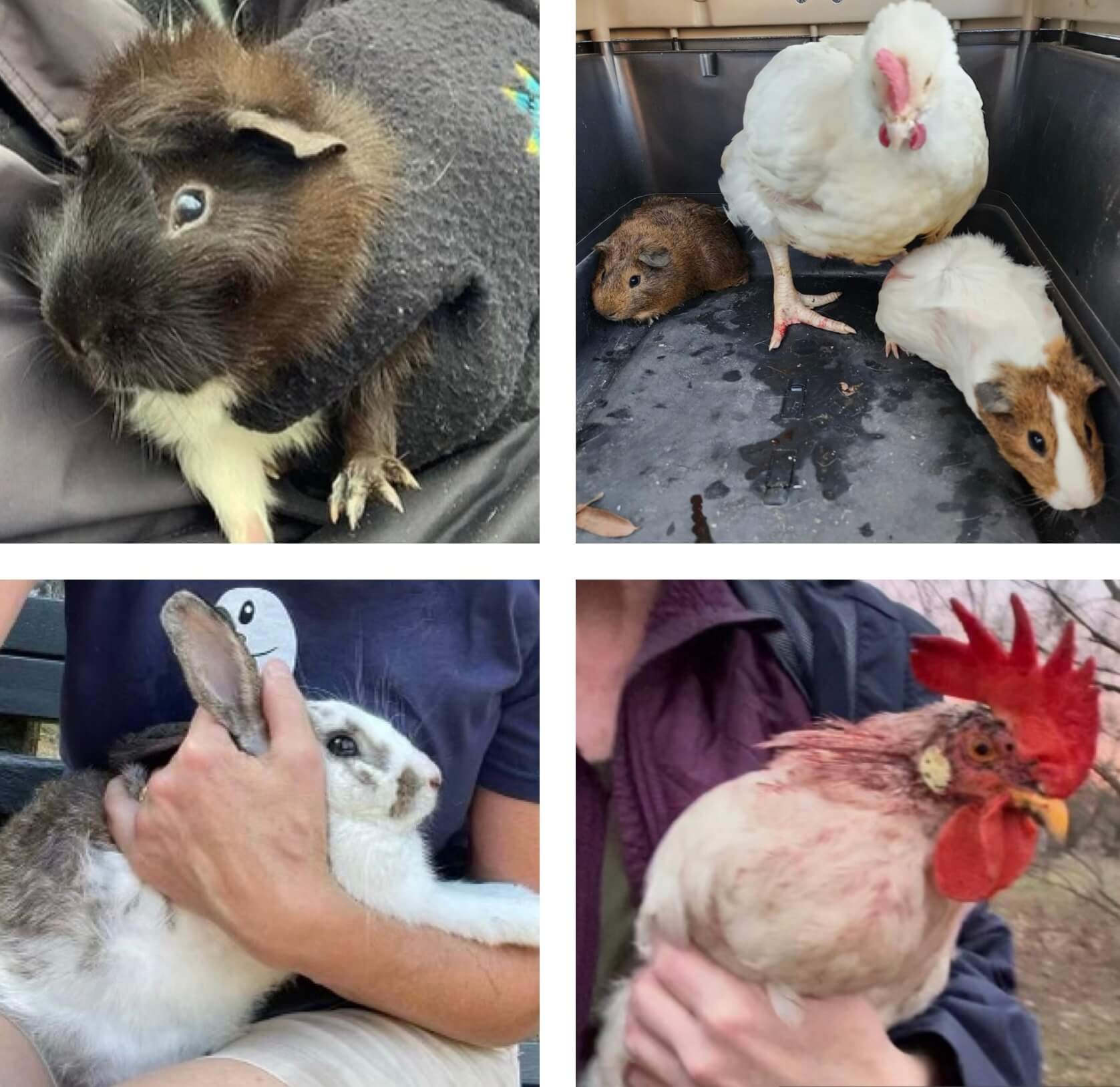
“Once you start looking, you start seeing a lot more is out there than you ever realized,” said Lee, who has been rescuing animals, mostly domesticated ducks, for 25 years.
Lee said she has rescued more than 5,000 domestic ducks around the Northeast region, focusing on New York City, upstate New York, and Long Island. She’s also rescued chickens and guinea pigs. The alligator found lurking at Prospect Park was a surprising find, but to those who have long roamed city parks in search of abandoned animals and pets, the alligator was just a larger reminder of an issue that has recently grown worse.
While most animals in New York City parks are most likely wild, Lee and Artz said there are ways to tell domestic animals from wild ones. Color, for example, is one feature that could indicate they are domestic.
“They look different,” Lee said. “Typically, it’s the color. A big white bunny, a big white duck, bright white and tan guinea pig.”
If you see an animal, she said, that looks starkly different from the city’s omnipresent urban wildlife — such as rats, cockroaches, and pigeons — call 311 and report the animal.
“If you see a park employee in the park, stop them, let them know,” Artz said. “Especially with dogs, rabbits, and even guinea pigs scampering around the wooded areas. People may not take notice and think it’s anything out of the ordinary.”
Nizzari said a guinea pig can live up to eight years and that people need to realize that before they acquire them. Furthermore, she said, they cost around $1,500 in one-time costs for spaying or neutering (as well as initial supplies), and up to $2,000 in annual costs in care.
She said that if people can’t meet these responsibilities, then it’s best that they do not get a guinea pig.
Said Nizzari: “If people took the time to think these things through, perhaps we would not see as many animals dumped or abandoned.”
Lee said the city may do well in hiring a pet store czar equivalent to the rat czar, which gained attention for its tongue-in-cheek job posting, peruse pet stores for illegal pet sales.



